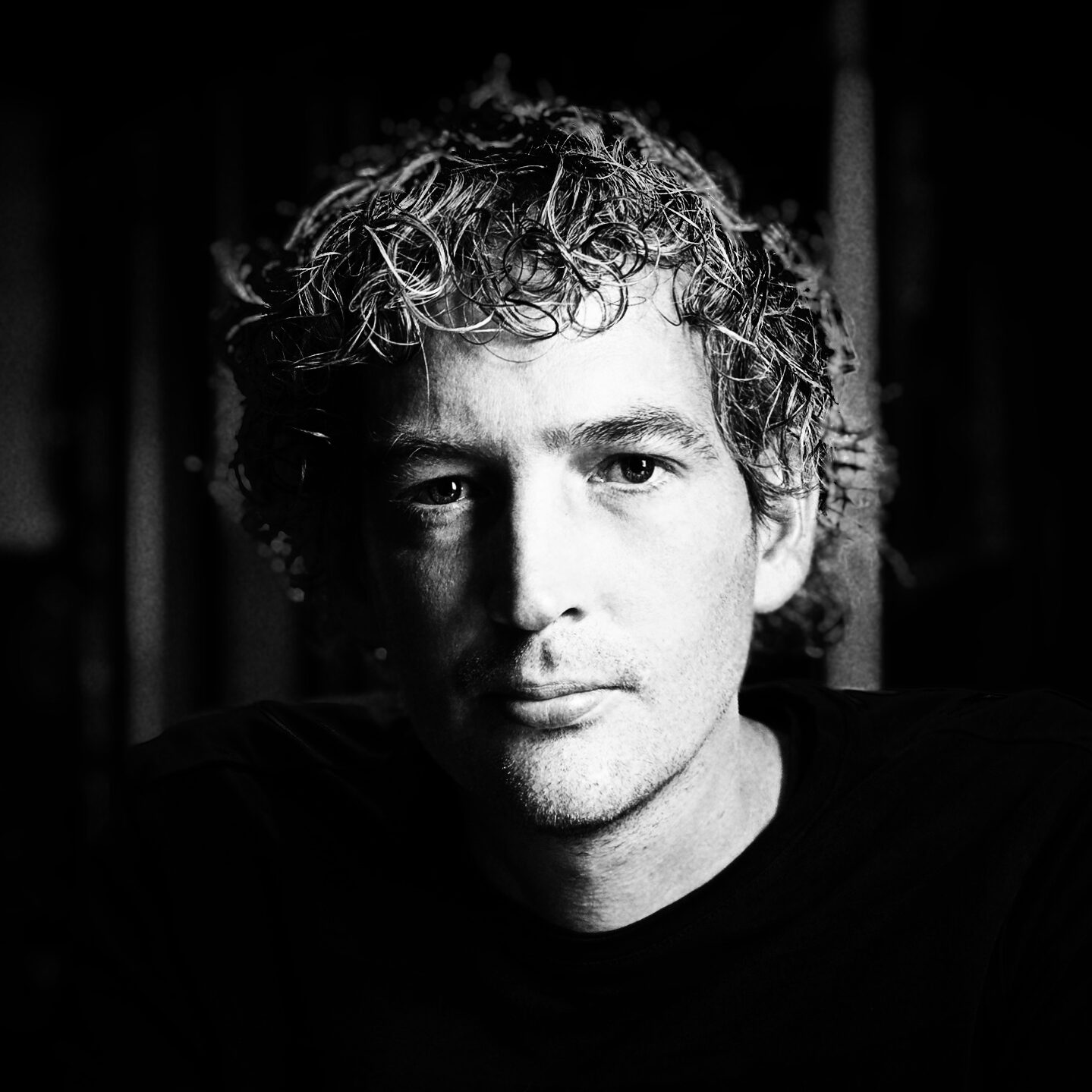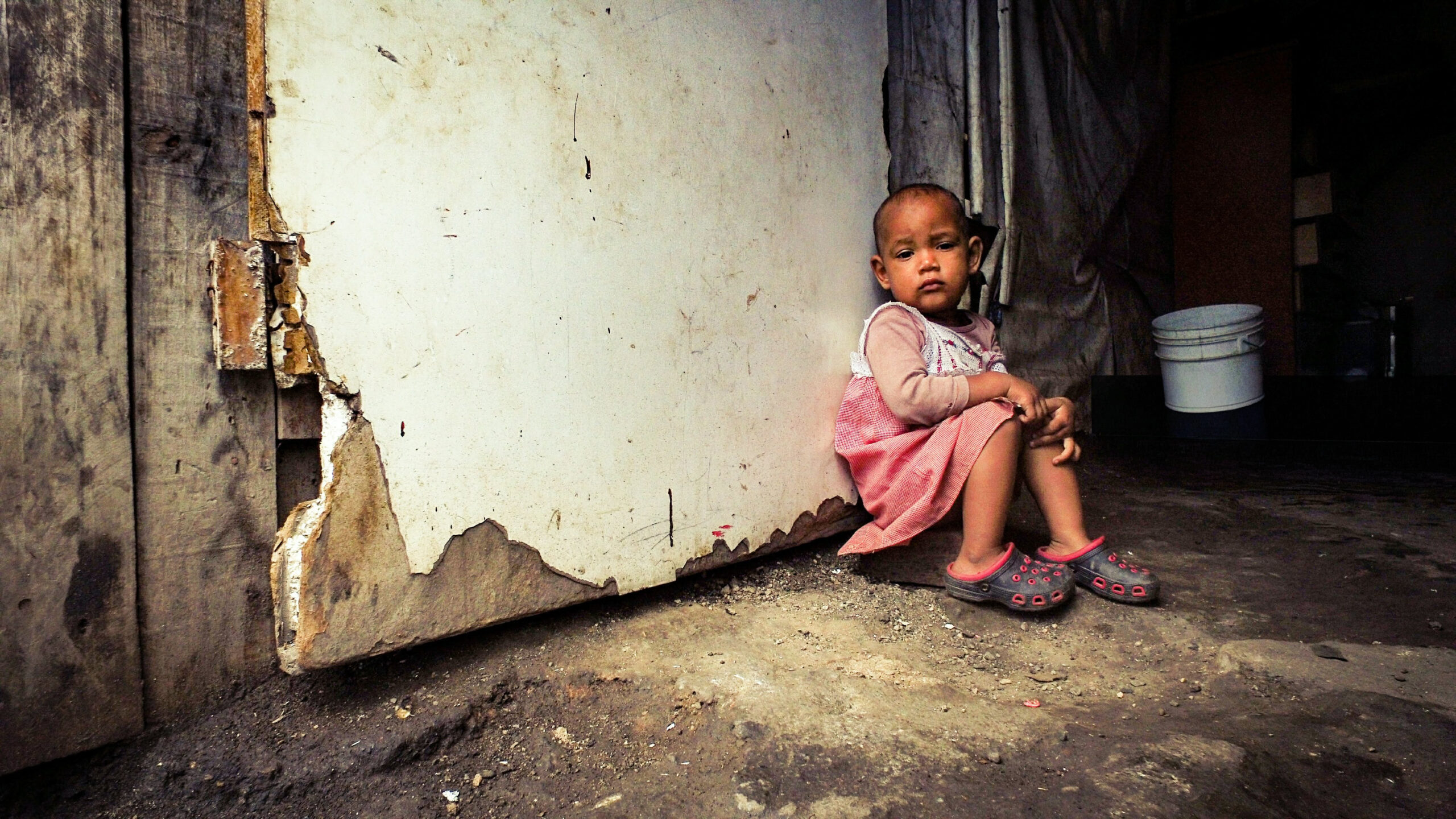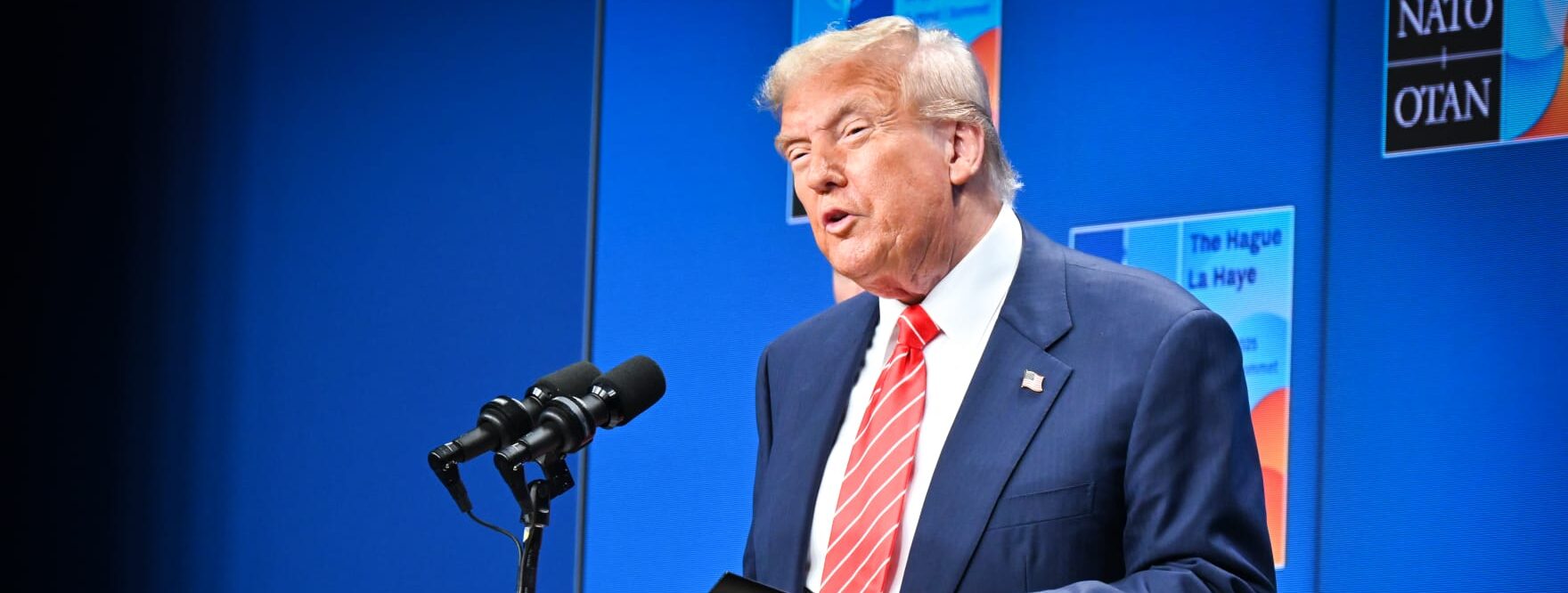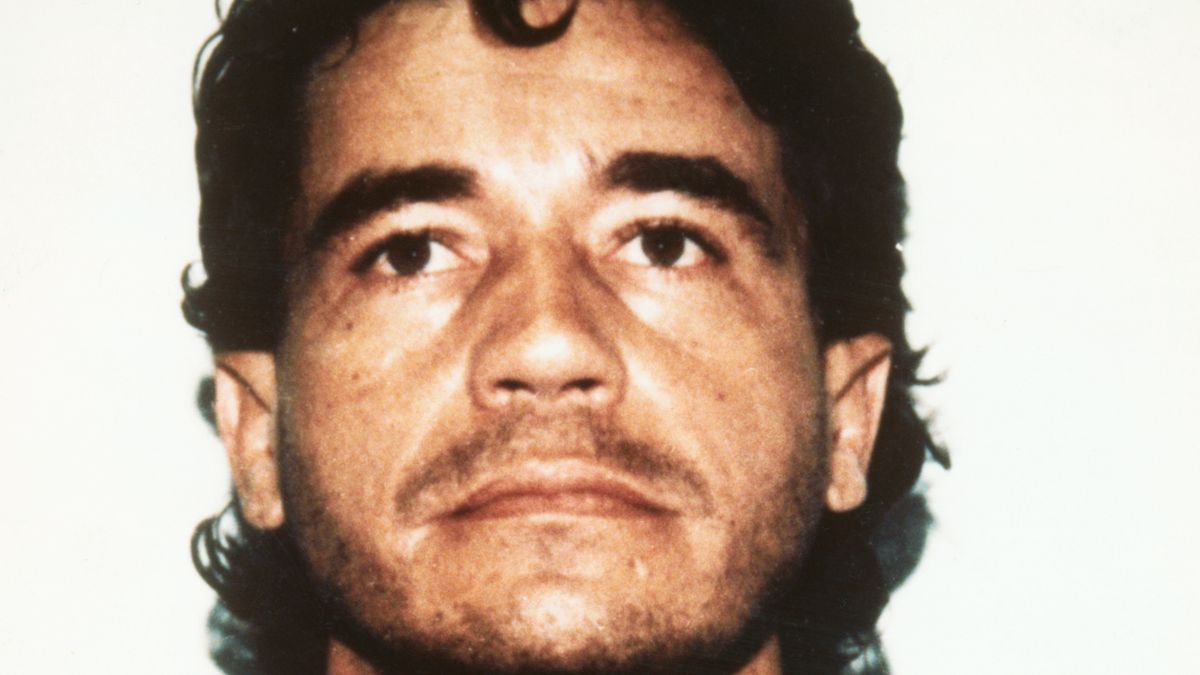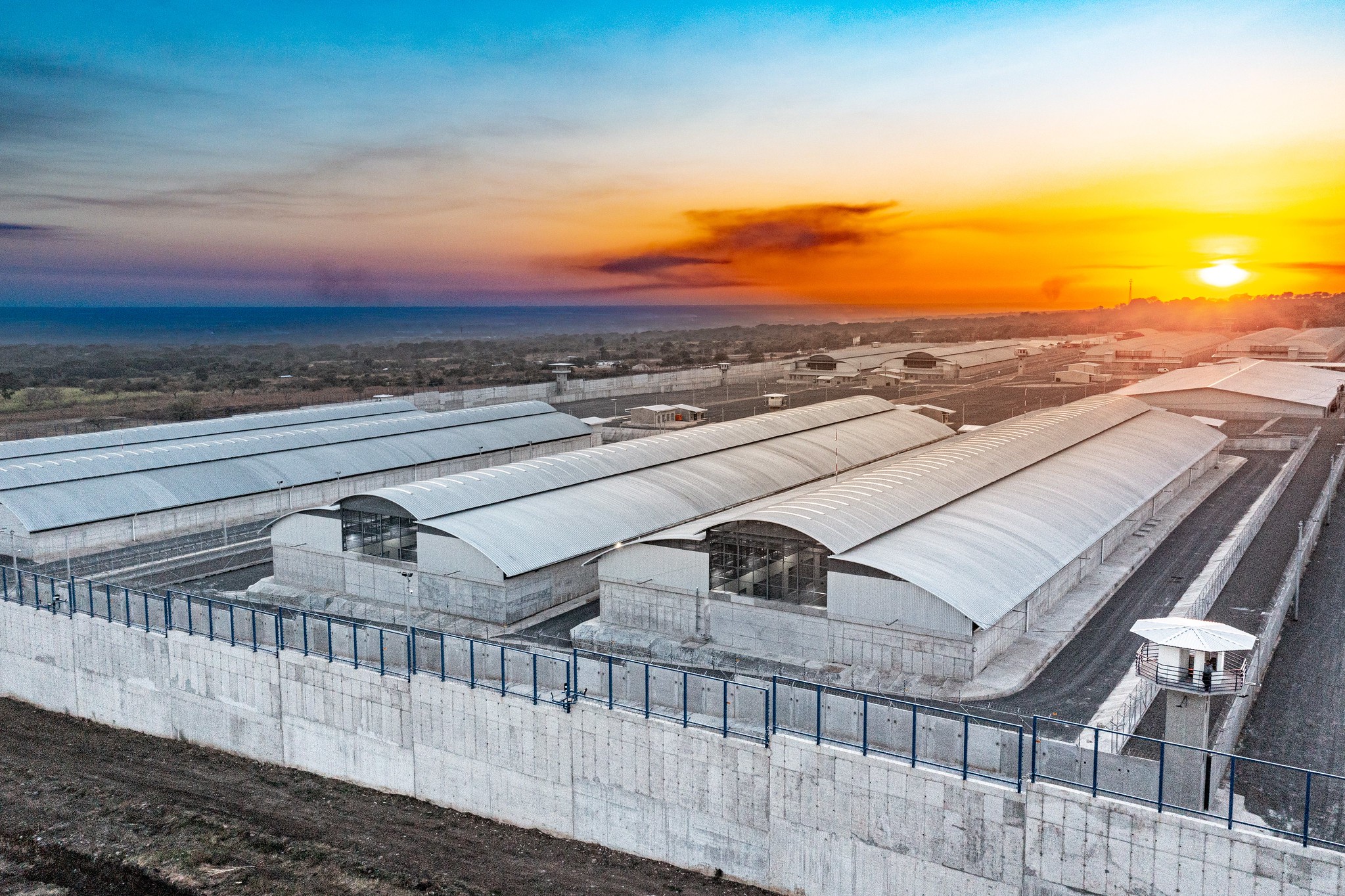It is early afternoon, two hours ahead of schedule, that I walk into the Dutch embassy in Kiev. Three hours earlier I landed my flight from Amsterdam, and in between I have arranged for a hotel, a Ukrainian SIM card and some other basic necessities for the coming days.

A tweet with the embassy
Stefan knows nothing of my coming. Through a one-two punch with an acquaintance of Stefan and the Dutch embassy in Kiev, he came to the embassy hoping to get a Western Union code so he could pick up 100 euros. It would be the 100 euros from an invoice from RT, one of the few clients where Stefan was still welcome as a journalist. The rest of his clients, such as GeenStijl.nl which he published on (as well as through Reporters Online), had long since removed their hands from Stefan after he was arrested in Beirut a few months ago for credit card fraud.
Geenstijl helps Stefan out of Lebanese cell
Many principals feel misled because everyone initially thought he was arrested in Beirut for his journalistic work, a lie he himself made public on social media the day before his arrest. 'I asked questions about Hezbollah to the defense ministry.' Only later do we learn that Stefan stole a credit card to pay for a hotel with it. With the help of GeenStijl and others, Stefan eventually managed to get out of his Lebanese cell and headed back to Ukraine with a stopover in the Netherlands.
We are completely done with him
The weeks before my arrival in Kiev did not appear to have been the easiest for Stefan. His income was nil and drove him out of his home, he found himself on the streets and forced to sell his last possessions. Down to his laptop. Toward family and friends, the stories got bigger and bigger. For example, in the weeks that followed, Stefan reported having AIDS, a tapeworm, he was robbed and so on. Stories that in hindsight to 90% consisted of lies with the sole purpose of extorting money. 'We are completely done with him Michel. I never have to see him again' says his father in one of our conversations.
Back in Kiev
Before being led to Stefan, who is in another room at the embassy, I briefly talk through the plan with my embassy contact. The embassy had visited Stefan several times in recent weeks, but they couldn't do anything for him. They had to turn him away time after time. 'We couldn't give him more than advice and sometimes a cup of tea. We don't provide money, nor can we pay for his trip back.'
Spekkers what are you doing here?
The embassy had chosen to place Stefan in a separate room so that he would not see me coming. In talking with them and with Foreign Affairs the days before, it became clear to me that they were a little worried that the handover would not go as smoothly as in my promises. 'How will he react, we do open to the public.' So I think they kept him apart mainly for that reason.
He was sitting quietly on a bench when I walked into the room with a saucer next to him with some fruit and a cup of tea. When he looked up he didn't seem to recognize me for several moments, then surprise, "Speakers, what are you doing here?
A day earlier I only decided to go
A day earlier, for various reasons, I had chosen to book a ticket to Kiev for the following morning. The latest reports about Stefan were disturbing; for example, he was said to want to commit suicide, was wandering the streets of a Kiev suburb. The stories about his criminal activities were growing. Earlier that week, I and others, including journalist Chris Klomp, received some very alarming emails from him titled "Suicide," in which he explained step by step how he had bought three bags of coke and planned to end it. The emails were almost pregnant with despair and the tone got worse and worse. At the end, he was even said to have cut all his wrists. Later it all turned out to be nonsense.
The cesspool opens
It was revealed on Facebook in an expat group from Ukraine that Stefan had tried to cash some checks. forge from an American woman who was a resident of Ukraine. Stefan adamantly denied, but he would possibly be wanted in Ukraine for that. A country where, as a gay journalist, you shouldn't get stuck. In the weeks leading up to my arrival in Kiev, it became increasingly clear that many of the allegations against Stefan were well-founded. And not only that. More and more things were emerging. Stefan seemed to be involved not only in forging checks, but also in credit card fraud and numerous other things. He also appeared to still be under investigation in the Netherlands.

Along with conditions
My purpose in being in the same room with Stefan now was twofold. On the one hand, as a writer and, on the other, to offer him a chance to stop what he just can't let go of. To try to resolve things so that he could have a "normal" life again after years. This was not easy and I set him my conditions. 'I am here to help you, you have caused a lot of misery, sleepless nights and hurt a lot of people, but there are still people who want to help you. If you want this help then it means that you will listen to what I am about to say, that you will now put all your belongings in this sports bag, that for the next few days you will speak only Dutch or English, that you will do as I say and that immediately upon arrival you will report yourself to the police in Holland.' He agreed, emptied his pockets into the sports bag and added a small bag with his last belongings.
8 euros fine
He looked bad, tired, confused. He was unkempt and smelly after times not showering. After saying goodbye at the embassy, I took Stefan to a hotel I had arranged earlier that day. After letting him shower and eat, we went over the plan for the next few days. Since it was unknown whether Stefan was wanted in Ukraine, I could not simply fly out of the country with him. I had decided to travel via the Polish border, through Germany back to the Netherlands, I hoped we could be back on Dutch soil in three or four days.
Later that day I go with Stefan to the Kiev train station; during his ramble through the city over the past few weeks, Stefan had lost the opportunity to pay a fine for not retrieving his bags from a locker. We pay the eight euro fine after all and Stefan gets back two bags of clothes.
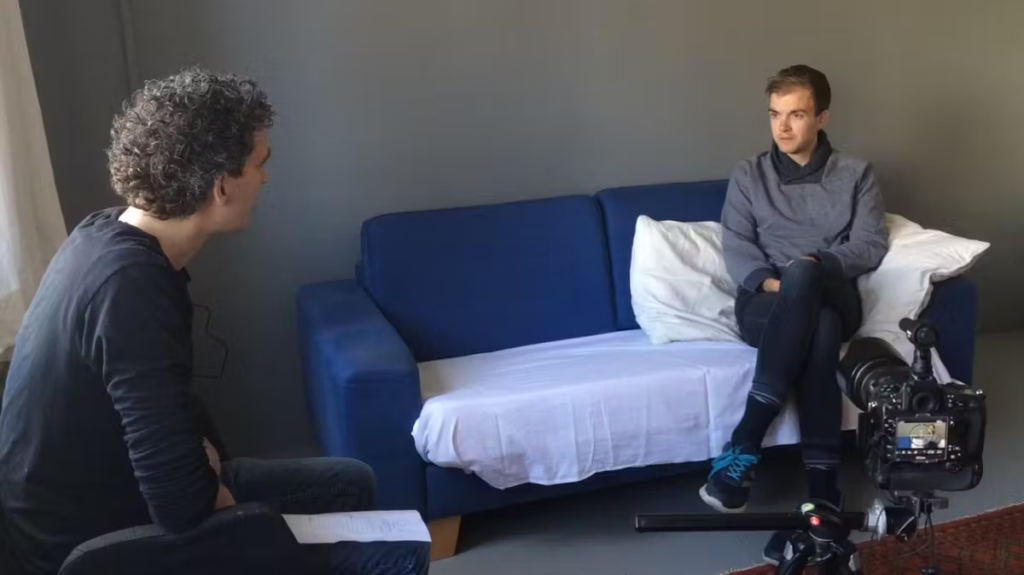
Youth
'Things started going in the wrong direction when I was 16. I grew up in a safe environment, always got everything I wanted, but I wanted more. If I got a Playstation 2 I wanted a Playstation 3. It was like an addiction, everything I wanted I got.' When I talk to Stefan about his childhood, it soon comes to his parents. When he was young, Stefan once emptied their bank accounts and their house and stole their car. After he was convicted of that, they gave him another chance. Stefan tried to use forging signatures to get a second mortgage on their house, and it continued. Just last month, Stefan tried to buy an iPhone by having it charged to his father's account. "I don't know what I was thinking, Michel.
Where did it go wrong
Things really went wrong when Stefan went to live in America at 18. With 10,000 euros in savings given to him by his parents, he found himself in the land of all opportunities. "The unlimited dream. Not much comes of his intention to go to college. Soon he starts using other people's credit cards to buy luxury goods - up to a car - and forged checks to get his groceries. 'They have one of those green card lotteries there, but I kept failing to get through that. I then tried to fake a green card.' Stefan left America, but was never convicted of his actions there.
Living like a king
In the following years, he continues to defraud credit cards, to this day. "I buy fake credit cards online with bitcoins, the best credit cards are the ones without a chip, then you get away with just a signature. With those stolen credit cards, Stefan paid for almost everything in recent years. For example, he flew to Seoul, England and other countries. He rented hotel rooms with them and paid his Airbnb bills. He lived in Kiev in a $2,000-a-month apartment paid for with stolen credit cards.
A USB flash drive full of credit cards
I only really get a good idea of the extent of his fraud when, just before his arrest in the Netherlands, he gives me a folder with papers, a USB stick and access to his email and social media. 'Michel, it was like an addiction. Where a junkie craves drugs, I crave money.'
Stefan used drugs. 'I sold my laptop last week, half of the $100 I got for it I used for coke.' He indicates he is not addicted, and in the days that follow I also detect that the absence of coke does not seem to affect him.
Not just credit card fraud
Stefan didn't stop at credit card fraud. For example, he states an interview I had with him just before his arrest that he stole items from Airbnb properties. He also took an SLR camera from the local Espresso bar in Haarlem last year. 'I saw a bag standing there and hoped it contained a wallet. Turned out to be just a camera. I later sold the camera at a pawn shop for 70 euros. I had nothing left, I was going to Moscow and I needed money.' Stefan also acknowledges having accumulated hefty debts with mail order companies and with loans. 'I don't know how much that adds up to, but at least 125,000.'
The border crossing
From Kiev we travel early the next morning to Lviv, a city more toward the Polish border, with a car I arranged the day before. There we will spend the night. The following morning we leave by car for the sleepy town of Rava Ruske, about six kilometers from the Polish border. Acquaintances in Holland who are following me via GPS throughout this trip have found the best route across the border for us and forwarded the satellite maps to me earlier that day.
The trip we thought would take half an hour turns out to be not so easy. After three hours through mountain and valley, we reach Poland without being noticed. The first village we meet turns out to have far fewer facilities than we had hoped for, so I decide that we will walk six kilometers to the next, slightly larger village. Hoping to find a cab there.
Apprehended in Poland
Halfway through our walk we are stopped by the Polish border guard. In a minute Stefan, without my noticing, manages to tell the police present three lies about how we ended up in Poland. They smell danger and take Stefan and me away and our belongings are checked. Stefan is taken to the station and I have to go with eight officers to point out where we crossed the border. Eight hours later, after paying a fine, Stefan and I are driven to a hotel by one of the officers.
We leave early the next morning again, arriving in Krakow after a few stops. Then suddenly it's a lot simpler. Two trains and we are where we need to be.
Other victims
Stefan says he has drawn many people into his activities, take Antonie. 'I met Antonie in Beirut, a very good guy, I was allowed to come to his family's home, he was gay too.' He sometimes called Antonie from the hostel where he was staying. Later, when the police are looking for Stefan for stealing and using a credit card, it is Antonie who is violently lifted from his bed by the Lebanese police. They make Antonie an offer. Either you make sure we find Stefan, or you pay for what he has done. Moments later, Stefan receives a message from Antonie asking what hotel he is staying at.
'I look at myself with disgust, that coming from such a good environment, I have disappointed and angered so many people when without all these tomfoolery I could have done things differently on my own. I lied to people to gain sympathy, in retrospect I see that it all didn't work.'
Still those checks forged
A few weeks ago, when Stefan's latest exploits hit the Internet, he denied having anything to do with it. 'It's not even my writing, I didn't do anything.' In my last interview with him, just before the police picked him up at a studio in Tilburg, he acknowledged anyway. 'I did, there were even more checks, but I want to emphasize that I never received that money. It was an attempt, nothing more.'
I don't know what's going on where
'I don't know what my life will be like in five years, I hope I won't get a harsh punishment if they were to extradite me to America. I don't know what else is going on. I might still be wanted in Israel or some other country. One thing I know for sure. If I am free, I will not stay in the Netherlands'.
My parents
'If I could turn back anything from the past few years, it's that I didn't involve my parents.' When I then point out to him that just last month he attempted to order 16,000 euros worth of stuff from Coolblue at his parents' delivery address, Stefan responds emotionlessly. 'It's an addiction, I don't think about it, I do think about it. I don't see the consequences.'
When the police enter the studio in Tilburg, Stefan begins to cry uncontrollably for a moment. At that moment, it seems for a moment that the normally emotionless Stefan realizes what he has done and what awaits him.
And now?
Stefan is currently serving an old 266-day sentence in the Netherlands. It is unclear whether he will subsequently be sentenced for outstanding charges or extradited to one of the other countries where he has left a trail of misery.
In my opinion, Stefan has taken a step in the right direction with this. Stefan is sick and needs help.
Image: Guido Koppes
Note: I wrote this article before my last name change, I chose to leave my old last name in this article to avoid confusion.

